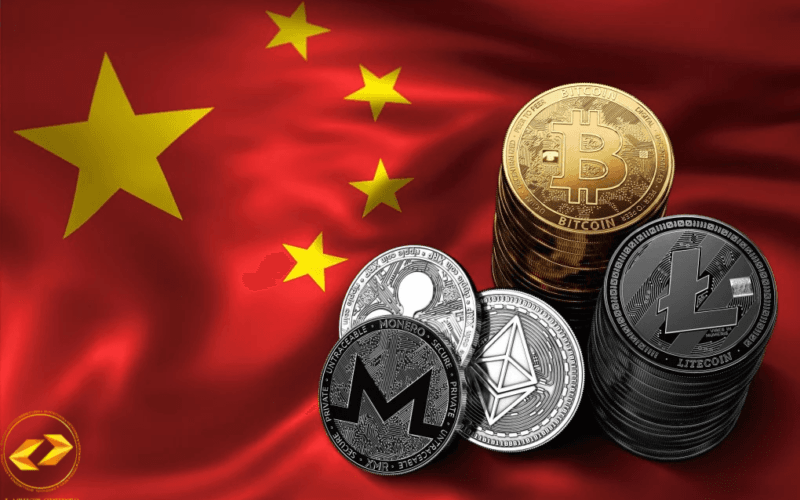Table of Contents Show
China was the hub of Bitcoin mining and trading for years, dominating more than 65% of the world’s mining activities. But in 2021, the Chinese government launched a blanket ban on cryptocurrency trading and mining, citing financial stability, fraud, and energy usage concerns. This gave the United States an opportunity to dominate Bitcoin mining and redefined the global crypto map.
Now, there is speculation: Will China reverse its policy on cryptocurrencies? Or is the nation only interested in developing its own digital currency, the digital yuan (e-CNY)?
Why Did China Ban Crypto?
China’s crypto ban was driven by a number of reasons:
Financial Stability: The government wanted to keep a tight grip on its financial system and avoid capital outflows through decentralized cryptocurrencies.
Energy Use: Bitcoin mining needed huge electricity consumption, at odds with China’s carbon neutrality ambitions.
Suppressing Fraud: Officials cited worries about scams, money laundering, and other illegal financial activities related to crypto.
Even after the ban, China has not fully given up on blockchain technology—it has rather moved its attention to its own centralized digital currency.
The Digital Yuan: China’s Crypto Alternative
Rather than adopting decentralized cryptocurrencies such as Bitcoin or Ethereum, China has focused on creating its own central bank digital currency (CBDC), the digital yuan (e-CNY). The e-CNY is owned and operated by the People’s Bank of China (PBOC) and is intended to displace circulating cash, providing:
Government control and supervision of transactions.
Improved tracking and monitoring of financial flows.
Potential for global trade dominance, particularly in cross-border payments.
With pilot programs of large scale already in progress, the digital yuan is being experimented with in major cities such as Beijing and Shenzhen, where millions of residents are already using it.
Could China Reenter the Cryptocurrency Market?
Though China is still tough on decentralized cryptocurrencies, there are some analysts who think the government may ease up in the future, perhaps under the following circumstances:
Heavily regulated crypto exchanges: If China allows crypto trading again, it will likely be under strict government control.
Green crypto mining initiatives: If mining operations can meet China’s environmental goals, some mining activity might return.
Use of blockchain for financial innovation: China could allow blockchain technology for non-crypto applications in finance and trade.
The Global Impact of China’s Crypto Decisions
If China rolls back its crypto ban, it would be able to change the market overnight, with Chinese investors and miners pouring back in. This might be followed by:
An increase in Bitcoin mining hash rate moving back to China.
More competition for the U.S. and other crypto-friendly countries.
A possible rally in crypto prices on Chinese demand.
For the time being, the attention of China is on the digital yuan, yet considering the changing financial scenario, policy change is always imminent.
China has had a tough stance on cryptocurrency, yet the country is still an industry leader when it comes to the blockchain. Whether or not it returns to the global crypto market or keeps developing its own digital yuan, what it does will have a lasting influence on the future of digital finance.
Stay Updated With the Latest Crypto News
For the latest updates, stay connected with us!
👉 Connect with us on LinkedIn: Latest Crypto Update
👉 Follow us on Instagram: Latest Crypto Update
👉 Follow us on Twitter: LCU on Twitter
👉 Subscribe to Our Newsletter for the latest crypto news and market insights.
Disclaimer:
The information provided on this website is for informational purposes only and may include third-party opinions or sponsored content. We do not offer financial advice. Before engaging with any exchange or individual, please conduct your own research and make decisions responsibly. For more details, review our Terms & Conditions.










